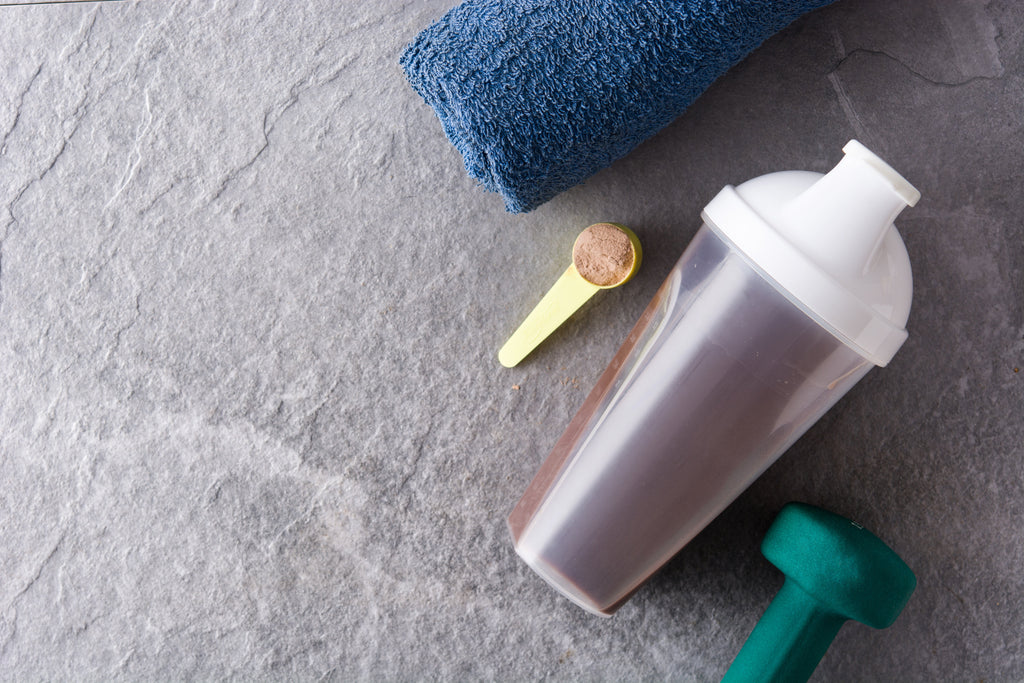
Can Creatine Help Build Muscle
Creatine is one of the most extensively researched and widely used supplements in sports nutrition. Athletes, bodybuilders, and fitness enthusiasts often turn to it to enhance performance and support muscle development. But a common question remains: can creatine help build muscle? The short answer is yes—when used correctly and in combination with proper training and nutrition, creatine can significantly support muscle growth. Understanding how it works, the science behind it, and the best ways to use it will help you maximize its benefits.

What is Creatine?
Creatine is a naturally occurring compound found in small amounts in certain foods such as red meat and seafood. It’s also synthesized in the liver, kidneys, and pancreas from amino acids—primarily arginine, glycine, and methionine. In the body, creatine is stored mostly in skeletal muscle as phosphocreatine, where it plays a critical role in the production of adenosine triphosphate (ATP), the primary energy currency of the cell.
Since high-intensity exercise depletes ATP rapidly, the ability to replenish it quickly can improve performance and training output. This is where creatine supplementation comes in, making the question can creatine help build muscle directly tied to its role in energy metabolism.
You can explore different creatine products in our Wellness Collection or browse supplements specifically designed for performance enhancement.

How Creatine Supports Muscle Growth
When exploring whether creatine can help build muscle, we need to look at several mechanisms:
1. Enhanced ATP Availability
During short, intense bursts of exercise—like sprinting or heavy lifting—the body relies on stored phosphocreatine to regenerate ATP. Supplementing with creatine increases these stores, allowing for greater training intensity and volume, which over time promotes muscle hypertrophy.
2. Increased Training Volume
More available energy means you can perform additional reps, sets, or lift heavier weights. This cumulative training effect can accelerate muscle growth, making the answer to can creatine help build muscle a resounding yes for many athletes.
3. Improved Cell Hydration
Creatine draws water into muscle cells, creating a state of cellular hydration that can stimulate protein synthesis. Well-hydrated muscle cells are more anabolic, supporting recovery and growth.
4. Potential Gene Expression Changes
Some studies suggest that creatine supplementation may upregulate genes involved in muscle growth and repair, further enhancing its muscle-building potential.
For more scientific background, see the International Society of Sports Nutrition’s Position Stand on Creatine.

Evidence from Research
Numerous studies have investigated whether creatine can help build muscle, and the evidence is overwhelmingly positive. For example:
- A meta-analysis in the Journal of Strength and Conditioning Research found that individuals supplementing with creatine during resistance training gained significantly more muscle mass compared to those on placebo.
- Another study in Medicine & Science in Sports & Exercise reported greater increases in lean body mass and strength after just eight weeks of creatine supplementation combined with weight training.
These findings consistently show that creatine can improve both short-term performance and long-term muscle development.

Different Forms of Creatine
While creatine monohydrate is the most researched and cost-effective form, there are other variants such as creatine hydrochloride, buffered creatine, and creatine ethyl ester. However, most evidence supports monohydrate as the gold standard for answering the question can creatine help build muscle effectively.
How to Use Creatine for Muscle Growth
Loading and Maintenance
Many athletes start with a loading phase—about 20 grams per day split into 4 doses for 5–7 days—followed by a maintenance phase of 3–5 grams per day. This saturates muscle creatine stores quickly, leading to faster results.
Without Loading
You can also take 3–5 grams daily without loading. It takes longer (about 3–4 weeks) to achieve full muscle saturation, but this method can reduce the risk of minor digestive discomfort.
Timing
While timing isn’t critical, taking creatine post-workout with a meal containing carbohydrates and protein may slightly enhance uptake due to insulin-mediated nutrient transport.
See more on optimal supplementation timing from Examine.com.
Potential Side Effects and Considerations
Creatine is generally safe for healthy individuals when taken as recommended. Some may experience water retention or mild digestive upset, especially if taking large doses at once. Concerns about kidney function in healthy individuals are largely unsupported by scientific evidence, but those with pre-existing kidney issues should consult a healthcare provider before supplementing.
Hydration is key—because creatine draws water into muscle tissue, you should increase your fluid intake to support cellular function and overall performance.

Can Creatine Help Build Muscle for All Athletes?
While creatine can help build muscle for most people, individual responses vary. Those who already have high intramuscular creatine levels from diet may experience less noticeable effects. Vegetarians and vegans often see greater perfor mance improvements since their baseline creatine levels are typically lower.
mance improvements since their baseline creatine levels are typically lower.
Creatine also benefits more than just strength athletes—it can improve sprint performance, jumping ability, and recovery in team sports.
Additional Benefits Beyond Muscle Growth
Although our primary question is can creatine help build muscle, it’s worth noting that creatine may also:
- Support brain health and cognitive performance
- Aid in recovery from injury
- Help older adults maintain muscle mass and function
These benefits expand creatine’s value beyond just muscle hypertrophy.

Conclusion: Can Creatine Help Build Muscle
So, can creatine help build muscle? The science, decades of real-world results, and professional recommendations all point to yes. By enhancing ATP availability, improving training capacity, and supporting muscle hydration, creatine remains one of the most effective and affordable supplements for strength and size.
If you’re ready to explore creatine products, visit our Wellness Collection for options that support your performance goals.

